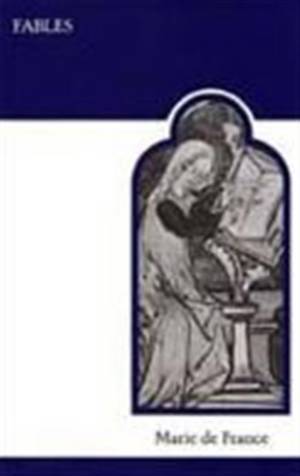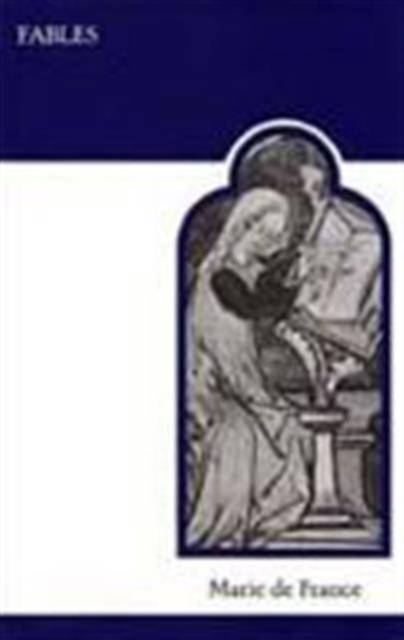
- Retrait gratuit dans votre magasin Club
- 7.000.000 titres dans notre catalogue
- Payer en toute sécurité
- Toujours un magasin près de chez vous
- Retrait gratuit dans votre magasin Club
- 7.000.000 titres dans notre catalogue
- Payer en toute sécurité
- Toujours un magasin près de chez vous
Description
Marie de France, one of the best-known medieval women, is justly famous for her Lais, but her longer work, the Fables, has been newly discovered by modern audiences. This collection of 103 tales is the earliest extant vernacular collection of fables from western Europe.
Marie de France's sources are not clear; she appears to claim a unique source, but that is obviously not true; the first forty tales are part of the Latin tradition, specifically the Romulus Nilantii, but the other sixty-three seem to come from all over: other Greek and Latin works, fabliaux, monks' tales, the Panchatantra, and the folk traditions of Italy, Germany, Greece, France, and the Middle East. Whatever her source, she contributed her own perspective - a wry fatalism, timely social commentary, and a feminine perspective.
Harriet Spiegel's translation follows the original closely; the rhyming couplets not only render the tone and form of Marie de France's text with sympathy and fidelity, but also are particularly apt for the genre and sit squarely in the tradition of the English verse fable.
Originally published by University of Toronto Press, 1987.
Spécifications
Parties prenantes
- Editeur:
Contenu
- Nombre de pages :
- 282
- Langue:
- Anglais
- Collection :
Caractéristiques
- EAN:
- 9780802076366
- Date de parution :
- 26-10-94
- Format:
- Livre broché
- Format numérique:
- Trade paperback (VS)
- Dimensions :
- 150 mm x 229 mm
- Poids :
- 476 g






